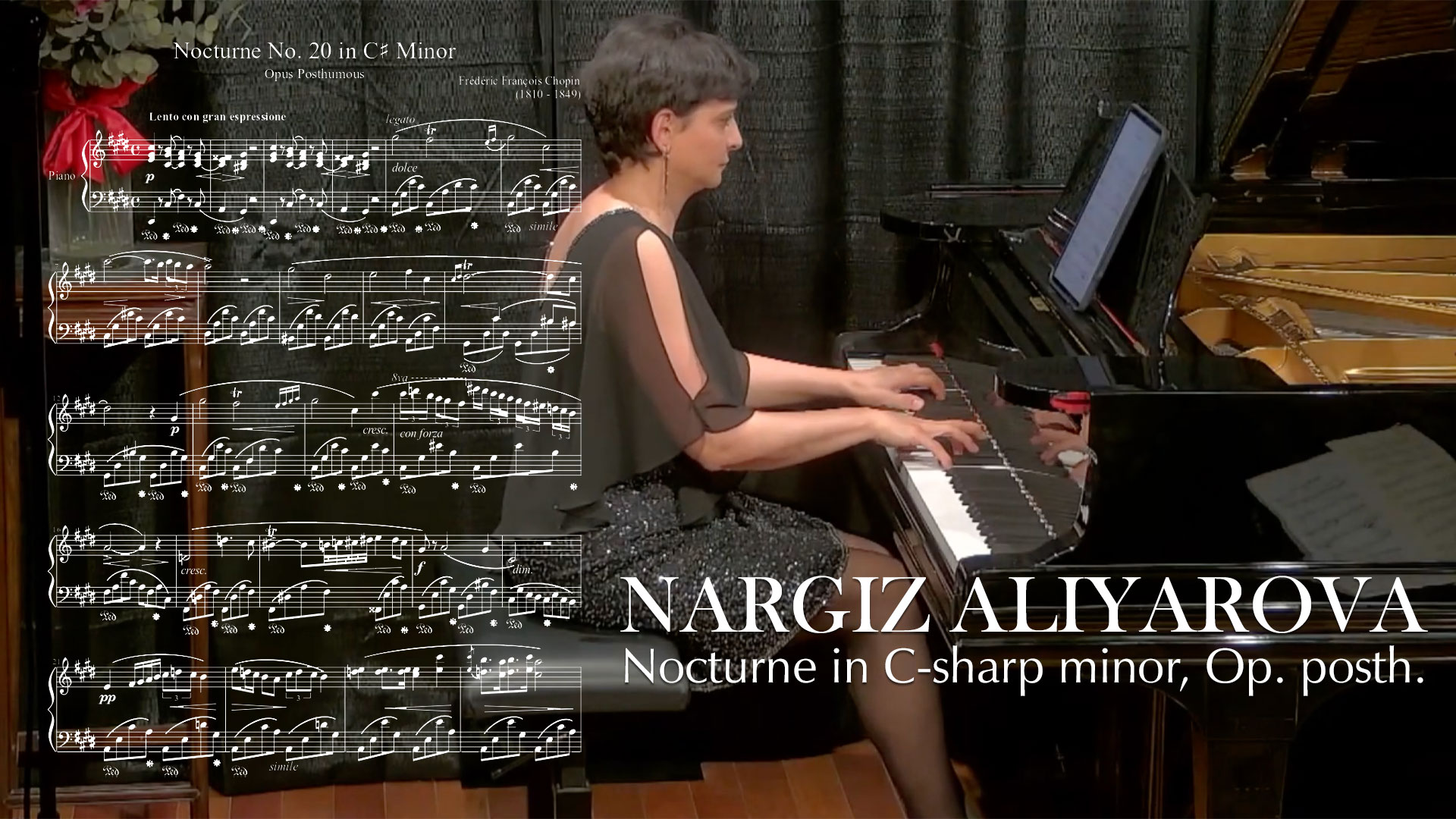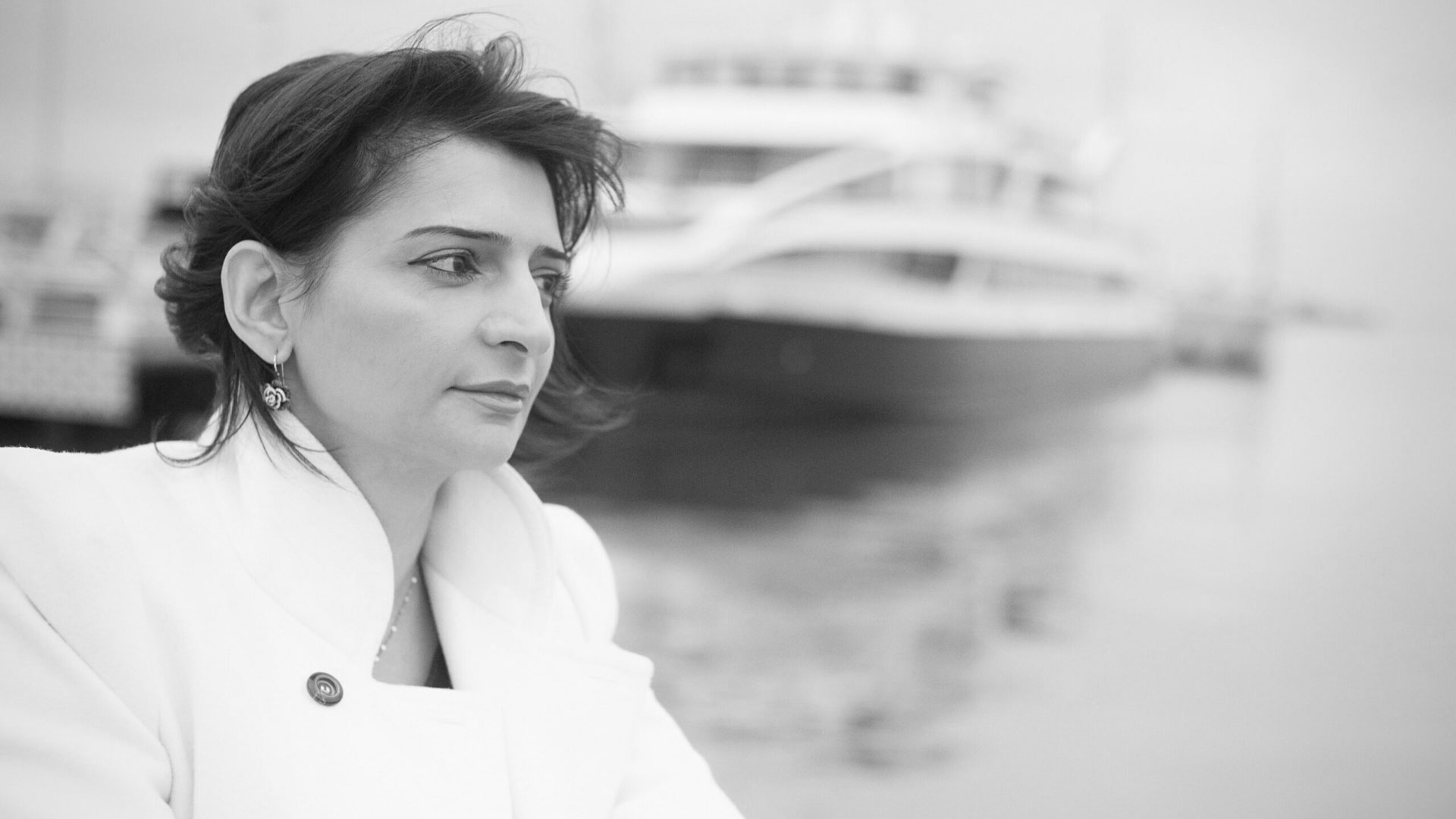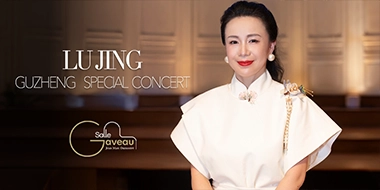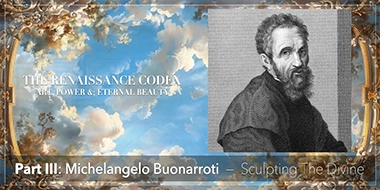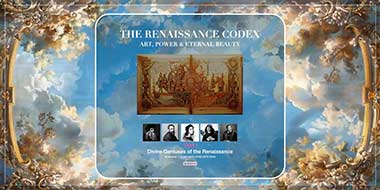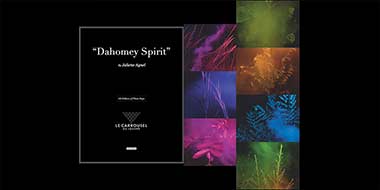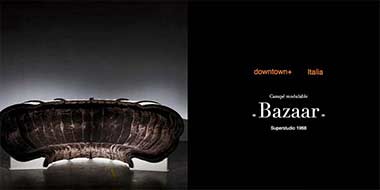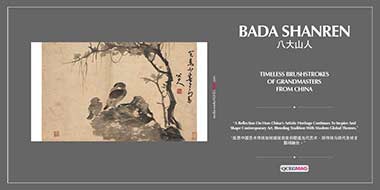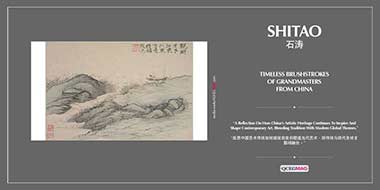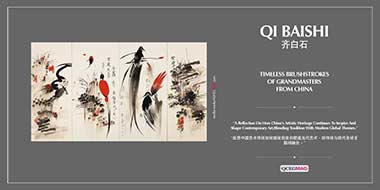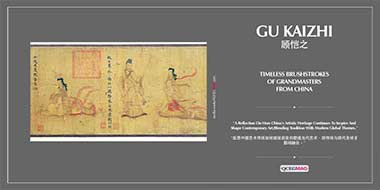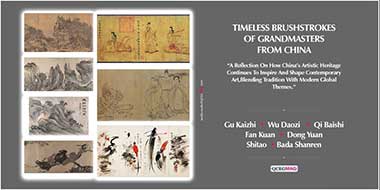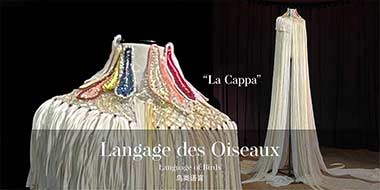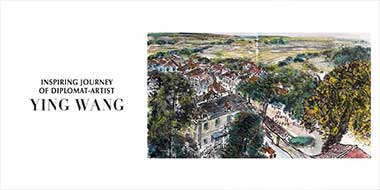NARGIZ ALIYAROVA
“The Renown New York-Based Pianist and Professor”
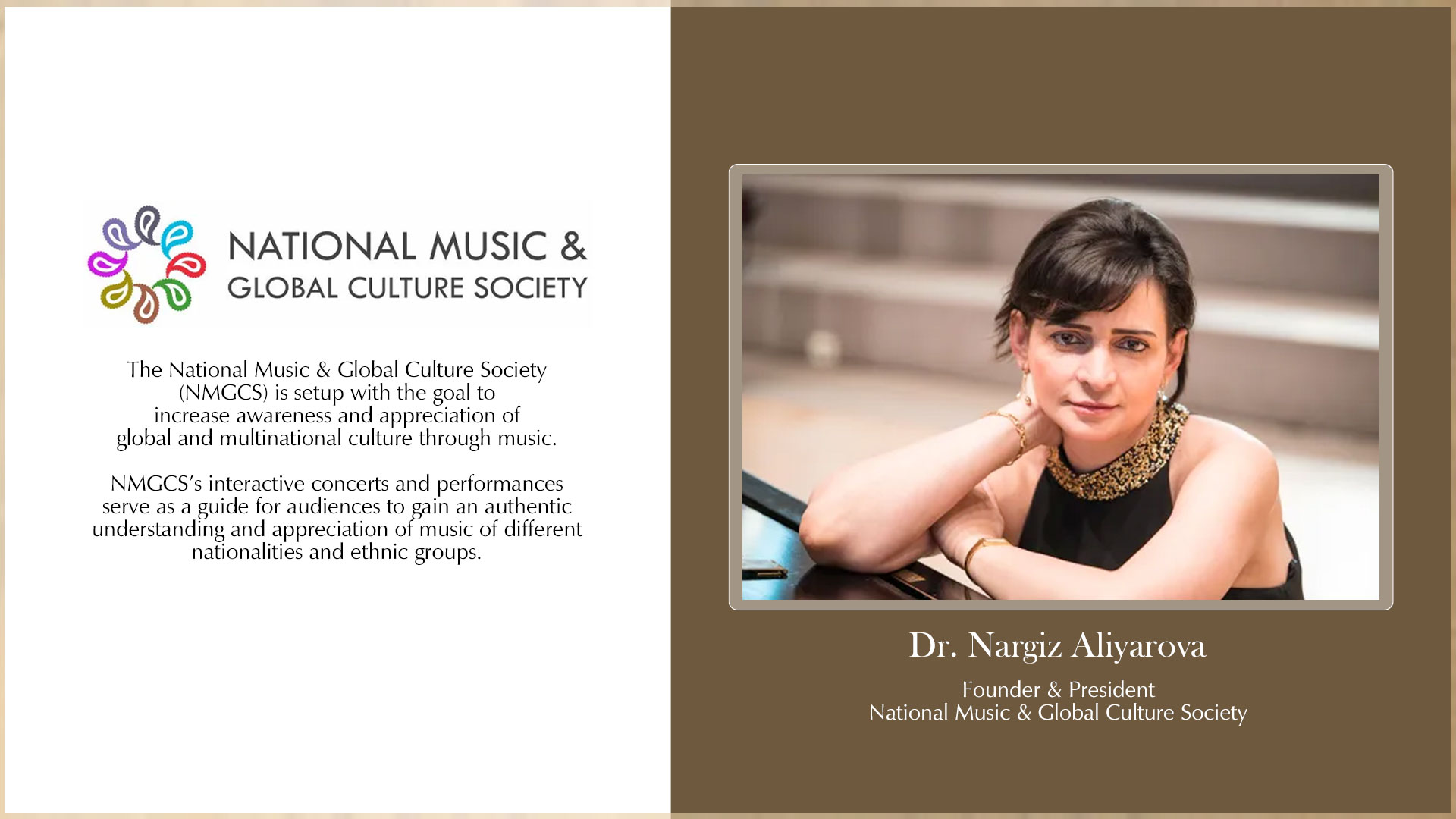
“The Renown New York-Based Pianist and Professor”
The New York-based international performer Nargiz Aliyarova is a renowned pianist and professor. Since her first concert at the age of nine, she has appeared on stage in different parts of the world as a soloist and collaborative musician with symphonic orchestras and chambers in 40 cities.
Aliyarova is an artist with diverse interests and concerns. She is a Doctor of Art and a Professor, an author of more than 20 scholarly articles and several books.
She has taught piano and chamber music at Baku Music Academy for twenty-five years and has been a member of the Azerbaijan State Piano Trio for fifteen years. She has also given piano lessons as an after-school activity at The International School of Azerbaijan for fifteen years.
I first encountered this marvellous performing artist during a concert co-organised by the Azerbaijani embassy in France and the France-Azerbaijan Dialogue Association (ADFA).
Her musical performance was so breathtakingly beautiful that the audience got transfixed by her melodies.
The concert was organised in Remembrance of the City of Shusha and attended by diplomatic missions in France. Art representatives and people of the Azerbaijani community amongst others were also present.
— SUNAMOYA
NARGIZ ALIYAROVA“The Renown New York-Based Pianist and Professor”


QCEG: “What inspired you to take up the piano and pursue a career in music?”
Nargiz Aliyarova: “Honestly, I don’t know. I was five years old when I started taking piano lessons. And I was sure I would be a pianist. I have never doubted it.”
QCEG: “What is classical music training like in Azerbaijan?”
Nargiz Aliyarova: “It is actually a Russian school. The great Azerbaijani composer Uzeyir Hajibeyi brought classical music to Azerbaijan at the beginning of the 20th century. He combined Azerbaijani music with European classical traditions. He founded the first Conservatoire in the East and invited professors from Moscow and St. Petersburg conservatories to teach at Azerbaijan State Conservatoire.”
QCEG: “What experiences and interests in childhood would you say shaped your life and career?”
Nargiz Aliyarova: “Being honest, professionally studying piano is complex and time-consuming. It doesn’t allow you to have other interests. Imagine myself usually coming back from school at around 2 pm. I was practising for around 7 hours a day, plus I had to do my homework for other school subjects like maths, literature, physic etc.”
QCEG: “What is a typical day in your life as a professional pianist? ”
Nargiz Aliyarova: “You know I moved to New York City 5 years ago. My typical days in New York and Baku are very different. I have been teaching at Baku Music Academy for 25 years. There my day was usually split between teaching, practising my program and of course, taking care of my family. I also teach in New York privately, but I don’t have many students. I think it is the perfect time for me to perform more and dedicate myself mostly to a pianistic career. Also, in New York, I launched a non-profit organisation – National Music & Global Culture Society. We produce concerts, run NMGCS International Composition Competition, and publish music scores. All of these activities are quite new for me, so I need to spend a lot of time searching, learning and of course, organising. Networking is time-consuming. But, I am so excited, I am progressing, and I do a lot of things I have never imagined I would do. ”
QCEG: “In particular, how many hours do you practice and how many hours do you teach?”
Nargiz Aliyarova: “Now I practice for around 4-5 hours. I don’t teach much.”
QCEG: “What have been the greatest challenges of your career so far?”
Nargiz Aliyarova: “I have been offered to play Shostakovich’s first concerto with an orchestra. I accept the offer but I have only 6 weeks to learn it. It was very challenging. I practised for around 8 hours a day to be ready.”
QCEG: “You have performed in over 40 cities all over the world. Which venue impressed you the most?”
Nargiz Aliyarova: “Carnegie Hall was the most impressive venue.”
QCEG: “Do you have a favourite concert venue to perform in and why?”
Nargiz Aliyarova: “I do.., it is Azerbaijan State Philharmonic. First of all, it is an absolutely beautiful hall with great acoustics. Also, it is very dear to me. You know, at the beginning of the 20th century, several millionaires of Baku decided to build this beautiful construction and it was my great grandfather – Sadykhov who donated his land for it. So, each time I perform at the Philharmonic, I feel proud of my ancestor and try to match his legacy.”
QCEG: “What have been the greatest challenges of your career so far and your most memorable concert experience?”
Nargiz Aliyarova: “My first concert was with the symphonic orchestra. I was 15 years old and I was so lucky to perform with the greatest Azerbaijani conductor Niyazi.”
QCEG: “After so many years of playing Chopin repertoires, you were awarded a diploma for “Outstanding contribution to the legacy of Chopin” by the Government of Poland.., how do you feel about the award?”
Nargiz Aliyarova: “I feel deeply proud to get this award and I am thankful to the Poland Government for such a high reward.”
QCEG: “How do you plan your repertoire choices from season to season?”
Nargiz Aliyarova: “It depends on the offers I get. I also try to perform works by composers who have an anniversary.”
QCEG: “As a musician, what is your definition of success?”
Nargiz Aliyarova: “When the audience is excited and when I'm happy with my performance, which doesn't happen very often. I almost always think that I could have done better.”
QCEG: “What would you say is your greatest achievement in life?”
Nargiz Aliyarova: “It is the International Composition Competition which I launched last year. It is the first international competition for composers in the history of Azerbaijan. The idea of the competition is unique. We select 10 melodies from different pieces by an Azerbaijani composer and the participants must create a new composition using one or more preselected melodies. This is a very good way to promote the music of Azerbaijani composers. In 2021, these were the melodies of Uzeyir Hajibeyli, and in 2022 - the melodies of Fikret Amirov, whose 100th anniversary we are celebrating this year.”
QCEG: “What are your feelings about leaving your homeland, your culture, and moving to a foreign country speaking another language?”
Nargiz Aliyarova: “It's a challenge. But since you are leaving your comfort zone, you need to catch up, develop faster, learn new things, and compete with the locals. It's not easy, but I love to challenge myself and expand my limits. I physically left my homeland, but now I love it even more and feel a great responsibility, because abroad every person is the ambassador of their homeland, especially if you are a musician. I don't feel like I left my culture. And on the contrary, in the USA, I play Azerbaijani music more often because there are not many pianists who play Azerbaijani music here. In general, people do not know about our rich and ancient musical culture. I spoke English in Azerbaijan too. I taught at an international school, so I spoke English every day. And also, I love languages, I speak five languages.”
QCEG: “What do you think about online teaching? I know you teach at your Academy, have you done any online tuition? Do you see it as a viable option?”
Nargiz Aliyarova: “I used to teach at the Academy. Now I don’t. Generally, I think online learning is not good for performers. Often in the lesson, you need to play to show how to do this or that part of the composition, which is a problem in online classes. You may also need to demonstrate some special touch that you cannot show online.”
QCEG: “What are some of your influences? What's the music that you like to listen to?”
Nargiz Aliyarova: “Mostly I listen to classic pianists.”
QCEG: “Can you name your favourite piece by Chopin?”
Nargiz Aliyarova: “My favourite piece is the waltz in c sharp minor op. 64, N 2.”
QCEG: “What books have influenced your life the most?”
Nargiz Aliyarova: “It is very difficult to choose only one book. Each book I read ever somehow influenced my life.”
QCEG: “What do you think are the major differences between pianists heard in the earliest recordings, and pianists today?”
Nargiz Aliyarova: “Oh.., it's not easy to put it briefly. I would say that today's pianists play more individually and more freely. The early recordings are more academic I would say.”
QCEG: “What do you think is the most important thing that you would say to a young Chopin pianist that wants to be a performer?”
Nargiz Aliyarova: “Pay attention to the left hand when playing Chopin's music. If you listen to your left hand, you are more likely to successfully perform an entire piece.”
QCEG: “What do you consider to be the most important ideas and concepts to impart to aspiring musicians?”
Nargiz Aliyarova: “Love of music and hard work. Unfortunately, I have no other recipe for success.”
QCEG: “We also learnt that you are the President and founder of "National Music & Global Culture Society" whose goal is to bring people of different ethnic groups together through their national music to global culture. Can you please give us some information? ”
Nargiz Aliyarova: “I launched NMGCS 4 years ago. During this time, we had quite a lot of concerts, we started an International Composition Competition and published a music score.”
QCEG: “It looks like you’re conquering the world. What have been the highlights of this in the past?”
Nargiz Aliyarova: “The most important highlight of this year was my first concert at Carnegie Hall with the first prize winner of the Tchaikovsky competition cellist, Sergey Antonov.”
QCEG: “Tell us something about your life at the moment...”
Nargiz Aliyarova: “It is a very busy time for me. I am preparing a Gala concert for the NMGCS II International Composition Competition in Baku and at Lincoln Center in New York. Also, I will have a concert with a symphonic orchestra at the Stern Auditorium/Perelman Stage in the biggest Carnegie Hall on NOVEMBER 22nd. The day of the 100th anniversary of renowned Azerbaijani Fikret Amirov. I am also going to play on Millennium Stage at Kennedy Center in Washington DC.”
and we look forward to all your performances...







